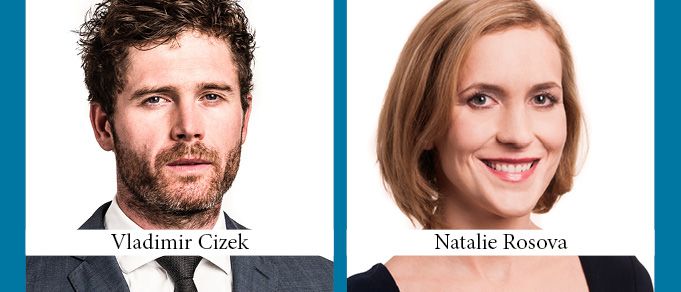As the Directive of the European Parliament and of the Council on Payment Services in the Internal Market (PSDII) introduces a number of changes to existing Czech legislation, a completely new Payment Services Act regulating the provision of payment services will be adopted in the Czech Republic. PSDII should be implemented by January 13, 2018.
The following new regulations are likely to be most significant to Czech businesses.
Indirect Payment Orders
Among the newly regulated payment services are so-called indirect payment orders. Put simply, these mediate the transmission of the payment order to the payment service provider (e.g., the bank that manages the account). The essence of the service is that the payer does not make the payment directly to the provider but to another provider – a so-called third party.
This service is typically used to pay for goods or services over the Internet where a third party, through an online link, allows the data necessary to execute a payment order between the merchant’s website and the banking system of the entity managing the payer’s payment account to be transmitted.
The activities of Internet payment service providers will also be regulated.
Payments for Digital Content
Under current legislation, an exemption applies for payments made by an electronic communications service provider via an electronic telecommunication device (such as a mobile phone) to pay for goods or services supplied and subsequently used by that device, regardless of the transaction value.
As a consequence of PSDII’s implementation, companies wishing to maintain the exemption from the obligation to obtain the authorization of a payment institution will be required to demonstrate that: (i) the payment relates only to digital content or voice services (i.e., not to goods or services); or (ii) the payment is for the payment of tickets or travel fares or for charitable purposes. In addition, a single payment may not exceed EUR 50 – or a total of EUR 300 per calendar month.
Limited Range of Suppliers or Services
Existing Czech legislation already excepts payments made in so-called limited networks – i.e., payments made at the premises of the issuer or for a narrowly-defined range of suppliers or goods and services. In effect, this is an exception for various types of membership cards – that is, cards issued by department stores, payment cards for petrol stations, and other types of payment cards.
As a consequence of the implementation of PSDII, this exemption will be slightly modified in order to assess more rigorously the interconnectedness between the range of suppliers and the range of goods or services. This can be demonstrated in a petrol station network, where the common purpose of the assortment of goods or services will be more rigorously assessed – i.e., goods sold at the petrol station that are unrelated to the operation of vehicles will not fall within the limited network exemption.
Lastly, providers wishing to take advantage of this exemption will be subject to a reporting obligation to the Czech National Bank once they reach EUR 1 million in payments in any 12-month period. The Czech National Bank will then be able to assess the availability of the exemption and to intervene if it is used incorrectly.
Operation of ATMs and Sales Representatives
PSDII makes the exemption from the obligation to secure a payment institution license unavailable for independent ATM operators, which often charge premium fees for withdrawals from ATMs. The exemption will only be available to ATM operators who: (i) act on behalf of the issuer of the means of payment (i.e., banks); and (ii) do not provide any other payment services.
Due to the implementation of PSDII those sales representatives that act on both sides of a payment transaction (for example, some e-commerce platforms) will no longer be exempt from the obligation to secure a payment institution license.
By Vladimir Cizek, Partner, and Natalie Rosova, Attorney at Law, Schoenherr Prague
This Article was originally published in Issue 4.5 of the CEE Legal Matters Magazine. If you would like to receive a hard copy of the magazine, you can subscribe here.
